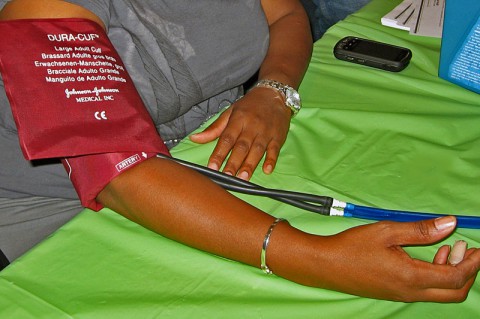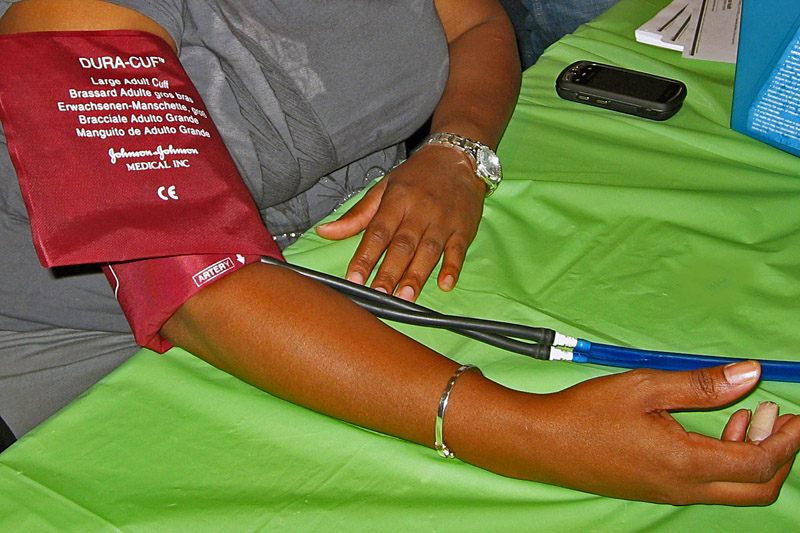American Heart Association Meeting Report
 Chicago, IL – Poor sleep habits may be related to low levels of physical activity, high blood pressure and obesity among black women, according to new research presented at the American Heart Association’s Joint Hypertension 2018 Scientific Sessions, an annual conference focused on recent advances in hypertension research.
Chicago, IL – Poor sleep habits may be related to low levels of physical activity, high blood pressure and obesity among black women, according to new research presented at the American Heart Association’s Joint Hypertension 2018 Scientific Sessions, an annual conference focused on recent advances in hypertension research.

In a study of overweight and obese black women, researchers set out to determine whether there’s a connection between sleep, blood pressure and levels of physical activity. Sleepiness was determined using a questionnaire that asks whether a person is likely to “doze” during certain daily activities, and their likelihood of napping if given the opportunity. The women were 50 years old on average.
About half of the 361 women studied reported sleeping less than 7 hours a night. In addition, 62 percent reported daytime sleepiness (35 percent at “high normal” and 27 percent at “excessive”). The study found these women to have a greater incidence of limited sleep and excessive daytime sleepiness compared to the general population.
Women who reported high levels of daytime sleepiness also reported much less vigorous and moderate physical activity and had higher blood pressure compared to those who said they had normal levels of daytime sleepiness.
These findings suggest that efforts to combat obesity and high blood pressure among this population should address sleep quality, the authors said.
Augustine Kang, M.Sc., Ph.D. candidate, and Patricia Markham Risica, Dr.P.H., co-authored the study.
This study was funded by the National Institute of Diabetes and Digestive and Kidney Diseases (NIDDK).
Additional Resources:
- For high blood pressure tools and information visit heart.org/hbp.
- For the latest heart and stroke news, follow us on Twitter @HeartNews #Hypertension18.



